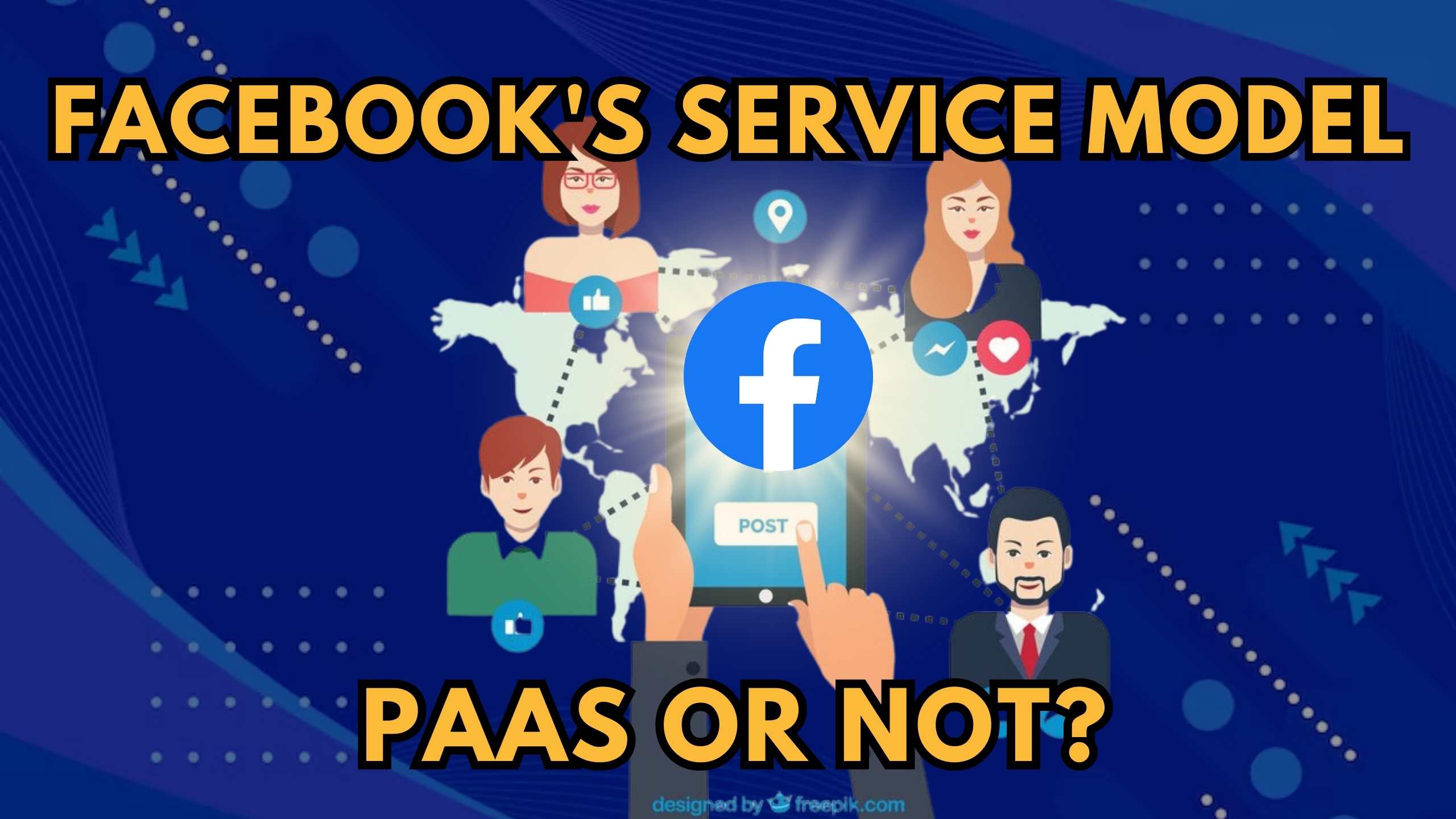Facebook’s Service Model: PaaS or Not?
- Conversational Marketing Software SEO Software Affiliate Marketing Software Marketing Tools


Facebook’s Service Model: PaaS or Not?
The intricacies of Facebook’s service model often lead to questions about the underlying technology it employs. In this exploration, we delve into whether Facebook operates as a Platform as a Service (PaaS) or if it utilizes a different service model. Understanding the infrastructure of a tech giant like Facebook can provide insights into the broader landscape of cloud computing.
1. Facebook’s Massive Infrastructure
Facebook, with over 2.8 billion monthly active users, manages an enormous amount of data and services. While it operates on a cloud-based infrastructure, its service model aligns more closely with Infrastructure as a Service (IaaS) due to the level of control it maintains over its servers and networking components. Unlike PaaS, where the underlying infrastructure is abstracted, Facebook’s infrastructure management is more granular.
2. Development and Deployment Flexibility
PaaS is characterized by abstracting the complexities of infrastructure, providing developers with a platform to build, deploy, and scale applications seamlessly. Facebook, on the other hand, offers more flexibility to its developers in terms of infrastructure choices. Developers have a significant say in server configurations, enabling them to optimize for performance, a trait more commonly associated with IaaS.
3. Continuous Integration and Deployment Practices
While PaaS platforms often emphasize streamlined development processes, Facebook leans toward a more bespoke approach, resembling traditional continuous integration and continuous deployment (CI/CD) practices associated with IaaS. Facebook’s engineering teams maintain a high level of control over the deployment pipeline, allowing for meticulous testing and optimizations.
4. Service Models and Scaling Capabilities
PaaS platforms are renowned for their ease of scaling applications. Facebook, however, exhibits a distinct approach to scaling, leveraging IaaS-like control over its infrastructure. The ability to fine-tune individual components allows Facebook to scale efficiently based on the diverse requirements of its services.
5. Hybrid Approach for Specialized Services
In certain specialized services within Facebook’s ecosystem, a hybrid approach might be observed. While the core infrastructure aligns with IaaS, specific services might utilize elements reminiscent of PaaS. This hybridity allows Facebook to tailor its approach based on the unique demands of different components within its ecosystem.
Recommended SaaS Products for Cloud Understanding
Before we conclude, let’s explore some recommended SaaS products that can enhance your understanding of the cloud landscape:
- AWS (Amazon Web Services): Unleash the power of cloud computing with a comprehensive suite of services.
- Google Cloud: Dive into scalable and flexible cloud solutions for your business needs.
- Microsoft Azure: Empower your organization with cloud services for building, testing, deploying, and managing applications.
- IBM Cloud: Explore hybrid cloud solutions to drive business innovation.
- Oracle Cloud: Harness the capabilities of Oracle’s cloud infrastructure for robust business solutions.
Conclusion: Decoding Facebook’s Service Model
In conclusion, Facebook predominantly operates with an IaaS-centric service model, emphasizing control and flexibility over its vast infrastructure. While aspects of its development environment may resemble PaaS, the overall architecture aligns more closely with IaaS. Understanding this distinction provides valuable insights into the complexity of managing a digital ecosystem of Facebook’s scale.
Unlock Cloud Understanding with Subscribed.fyi
Ready to explore and understand the diverse landscape of cloud services? Subscribed.fyi is your gateway to discovering, comparing, and managing your SaaS stack. Sign up today to unlock exclusive deals, streamline subscription management, and gain insights that empower you to make informed decisions about your SaaS tools.
Relevant Links:
- AWS (Amazon Web Services)
- Google Cloud
- Microsoft Azure
- IBM Cloud
- Oracle Cloud
- Subscribed.fyi Deals
- Subscribed.fyi








